Georgine RASOARIVELO
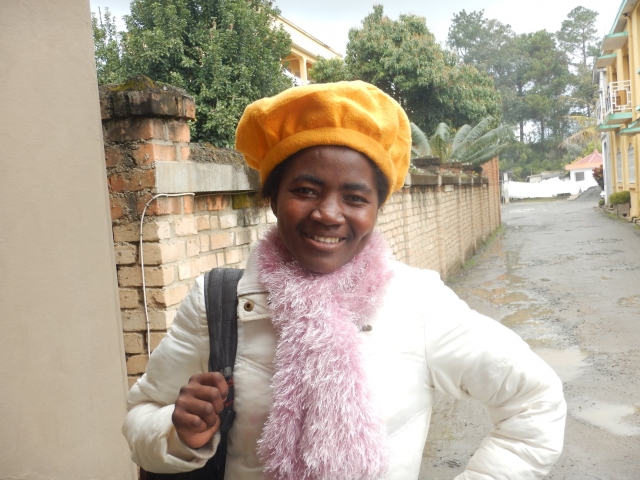
Georgine is one of our local agents based in Moramanga.
Madagasikara Voakajy uses conservation science and community participation to protect endemic Malagasy species and their habitats. We currently have projects devoted to chameleons, frogs, bats, and baobabs and a number of cross-programme strategies allow these different activities to be integrated.
It is important to understand how biodiversity functions as an economic resource and whether it provides opportunities for conservation or threats to populations and habitats. We are interested in the consumption of wild animals (bats, lemurs, frogs) by people and how this contributes to income generation and food security. The threats associated with bushmeat are also being explored, and these include the risk of pathogen transfer from animals to people and the consequences of unsustainable exploitation on population persistence. We are also investigating other ways that our focal species may be exploited to improve livelihoods, including ecotourism, direct payments for conservation and community-benefits for trade in CITES Appendix II species.
Decisions about conservation management and resource allocation are best made with robust scientific data that holds up to scrutiny. We therefore strive to conduct high quality research and publish it in peer-reviewed journals. Where possible we make our research projects relevant to conservation and livelihoods. For example, we are using results from a studies on diet and movements by flying foxes to promote their conservation as seed dispersers. Only though a better understanding of the ecology our our focal species can we hope to tailor appropriate conservation plans.
Education is the conrnerstone of community conservation and we always engage local people in the sites where we work. Indeed, our focal species tend to either be unprotected (e.g. bats), occur outside of protected areas (e.g. Mantella aurantiaca) or are neglected by other conservation teams (e.g. chameleons) and community participation and cooperation is therefore essential.
Through our student training programme we continue to nurture the next generation of Malagasy scientists. However, we also believe that capacity needs to be supported after its creation and we therefore aim to build the careers of promising Malagasy biologists through employment in Madagasikara Voakajy.
Increasingly we are becoming involved in conserving critical habitats for our focal species. These sites are usually small forest fragments that have been overlooked in conservation planning but are vital for the survival of certain fruit bats as well as threatened amphibians.

Georgine is one of our local agents based in Moramanga.
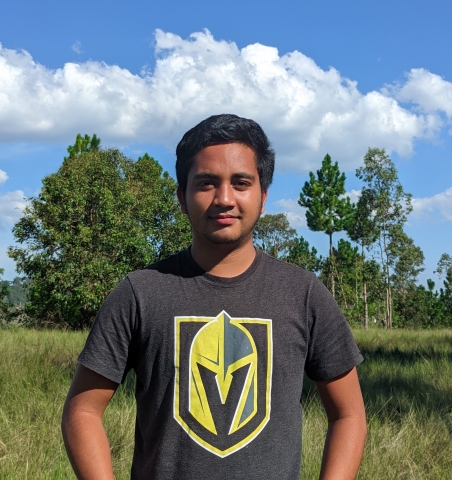
Rova is our Beekeeping Conservation Project Assistant
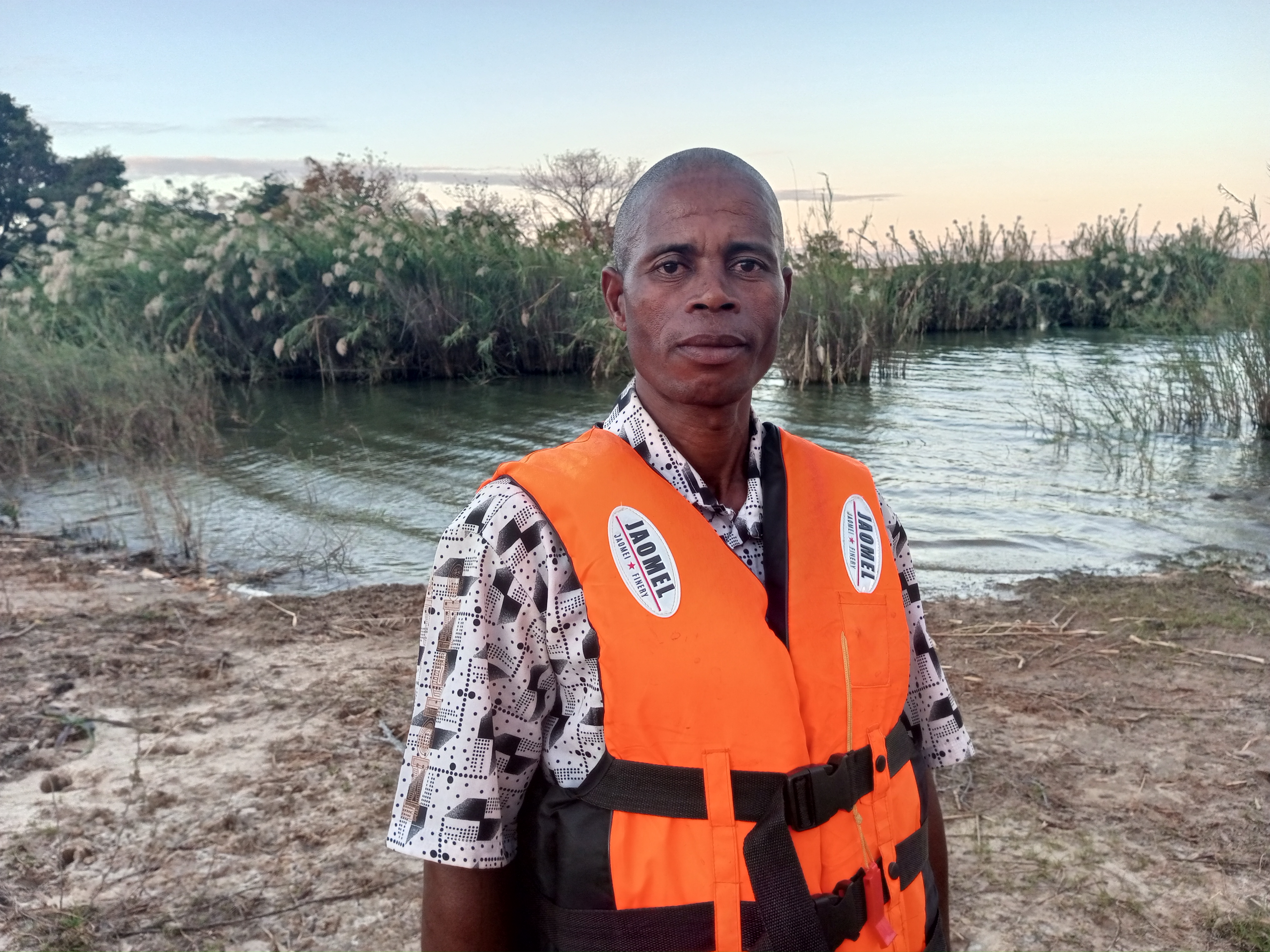
Razafindrazaha is our local agent based in Lake Tseny, Tsaratanana village, Port-Bergé District.
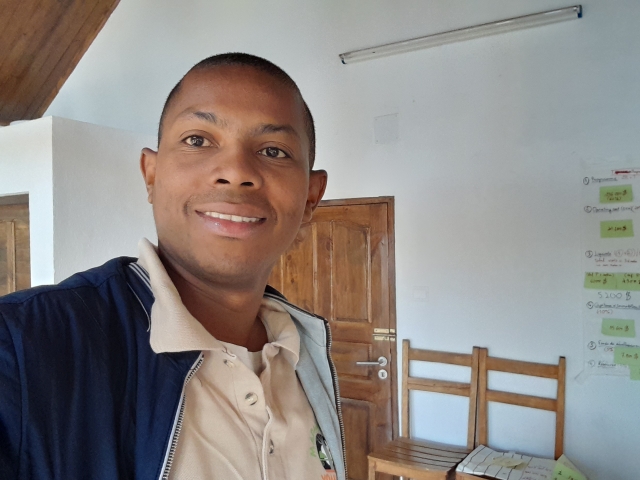
Jelot leads the freshwater species conservation project, in particular Pinstripe damba and Madagascar big-headed turtle in Lake Tseny, Port-Bergé District.
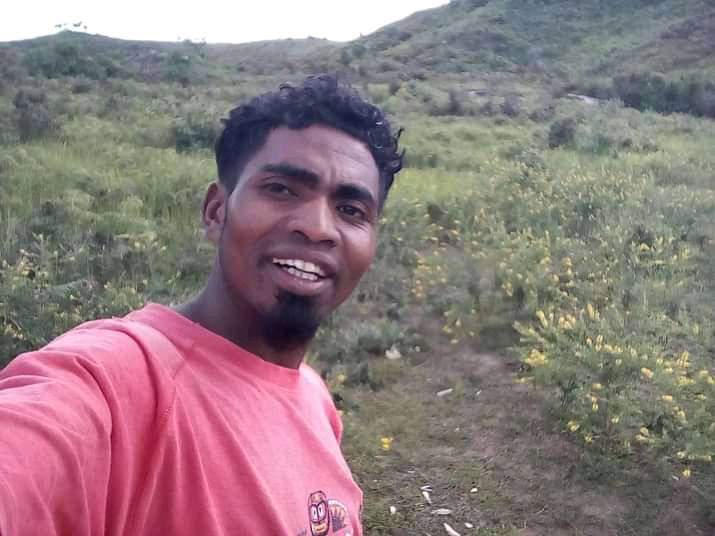
Emile is our local agent based in Moramanga. He assures the communication with local communities concerned by Mangabe Protected Area.

Leads the salvage of the golden mantella frogs in the Ambatovy mining area. Pierre is a biologist with various interests. When he started working with Madagasikara Voakajy, he focused on the golden mantella frog. Currently, he leads our lemur monitoring initiatives within Mangabe protected area
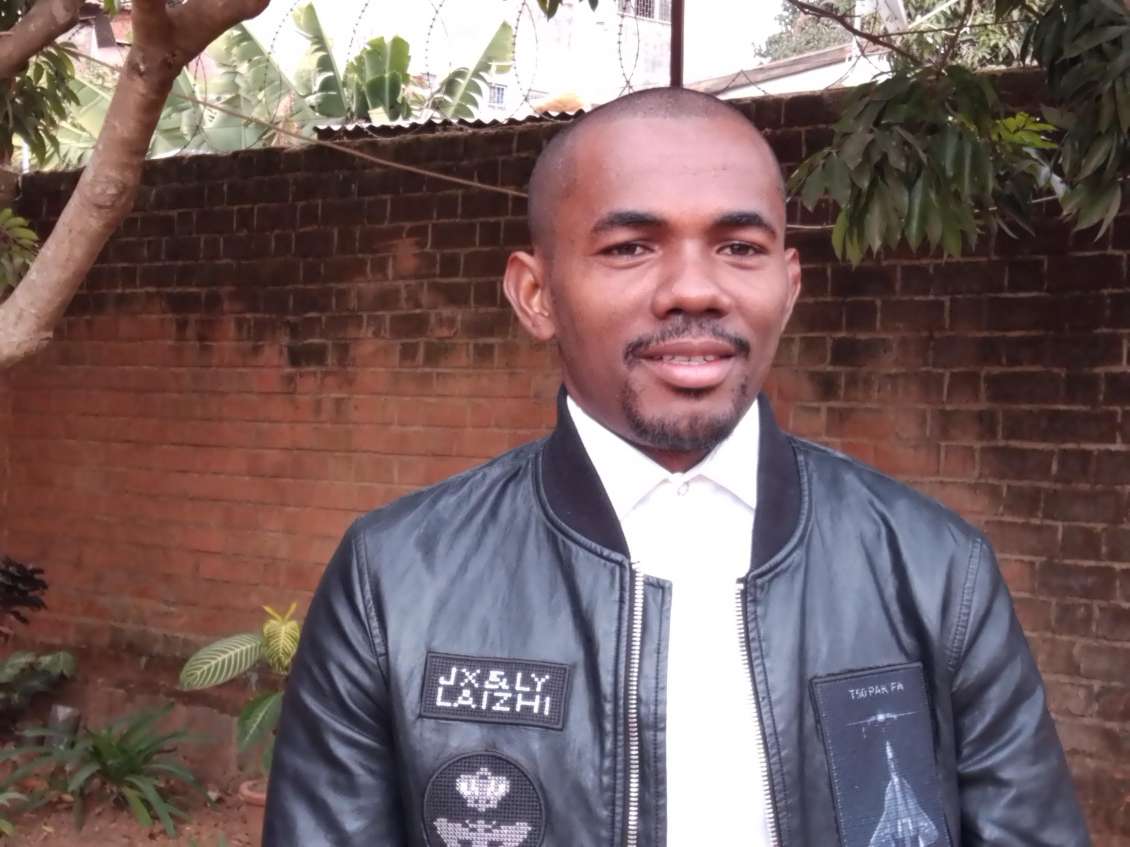
De l'or is our freshwater species conservation assistant.
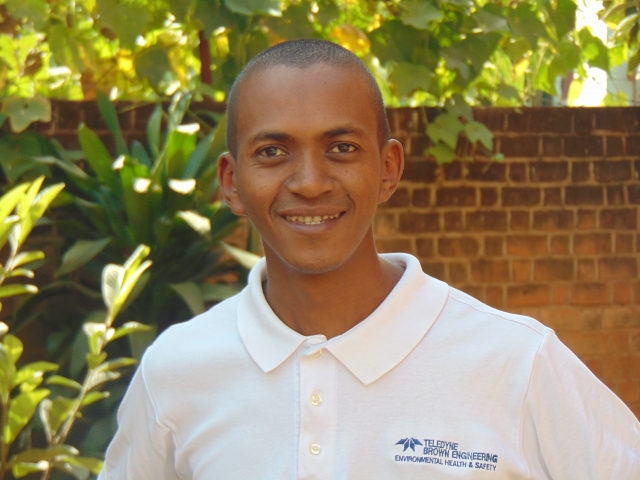
Alain is a Research assistant in herpetology research project. He is also focal point for Tsinjoarivo-Ambalaomby future new protected area.
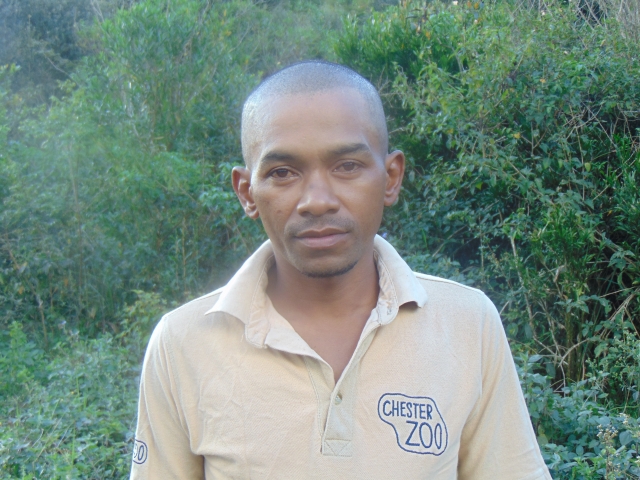
Field assistant for herpetology project research.
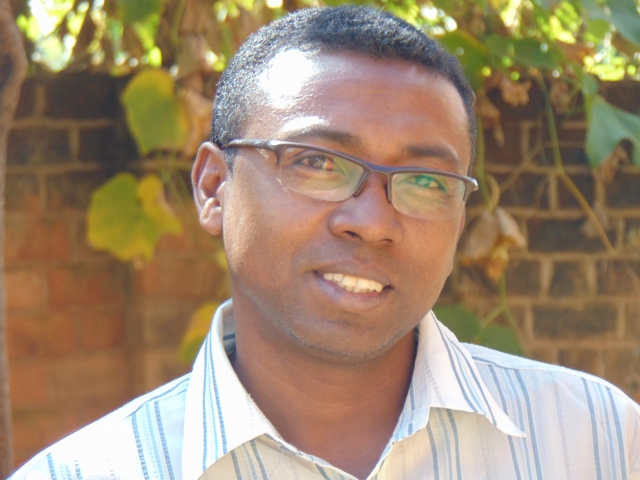
Raphali manages our Species and Conservation Programme. He is a biologist by training. He is mostly interested in chameleons and is part of Madagascar’s Chameleon Specialist Group. Since 2017, In this role, he supervises research on other taxa such as lemurs, bats, birds and amphibians. His research focus includes species biology and distribution, and how they are harvested and used by people.